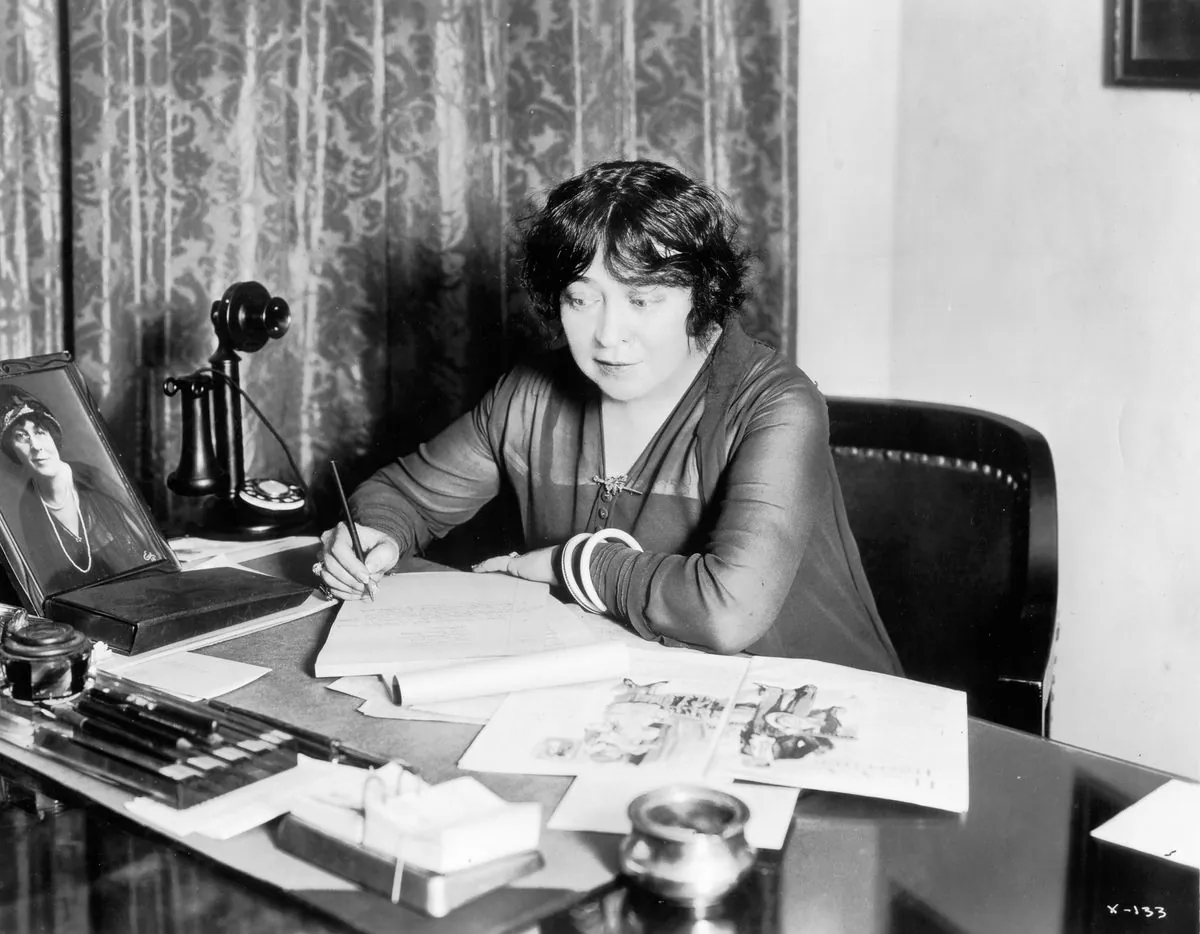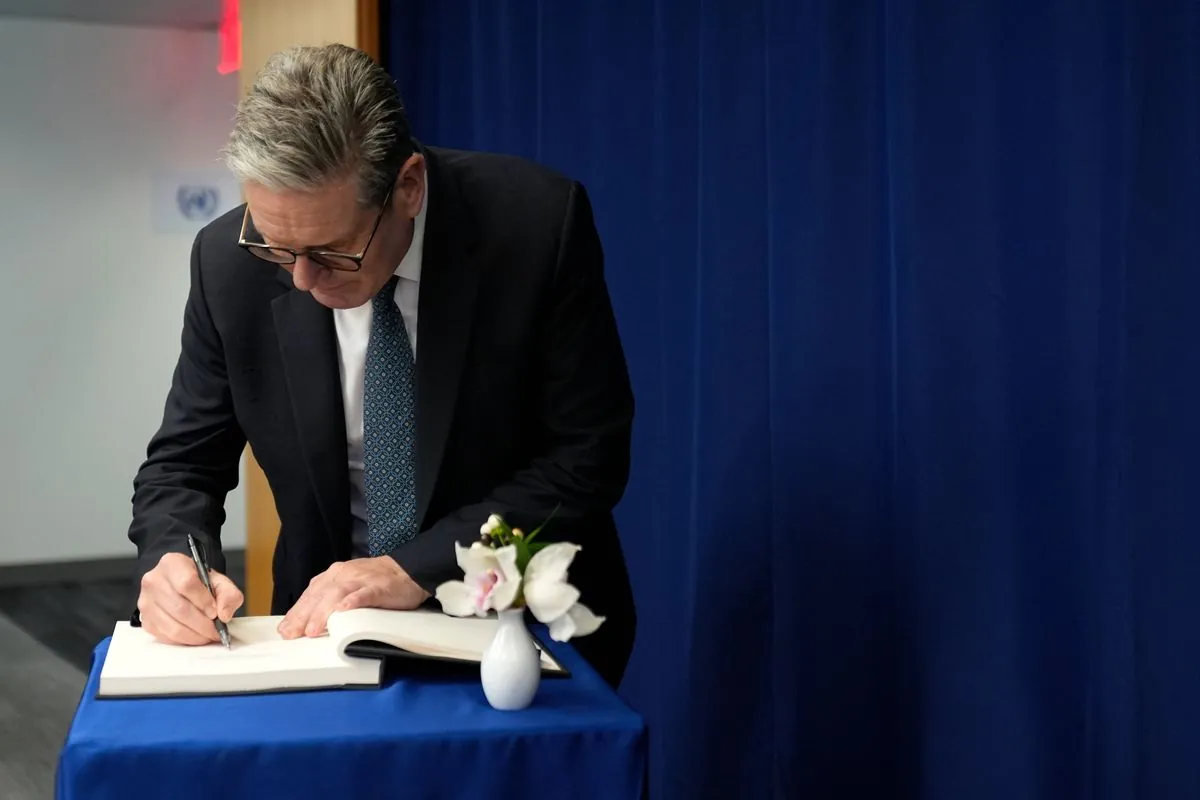First Female MI6 Spy: Literary Translator's Secret Pre-WWI Mission Unveiled
Agnes Blake, a middle-aged literary translator, identified as MI6's first female spy. Recruited in 1909, she gathered intelligence on German officers before WWI, using family connections as cover.

In a groundbreaking revelation, historian Claire Hubbard-Hall has uncovered the identity of Agnes Blake, the first female spy employed by MI6, Britain's Secret Intelligence Service. This discovery sheds new light on the early days of British espionage and the crucial role women played in intelligence gathering before World War I.
Blake, a middle-aged literary translator, was recruited by the Secret Service Bureau on December 17, 1909, just two months after the organization's establishment. Her unique position as a translator of German plays and literature, combined with family connections in Germany, made her an invaluable asset to the fledgling intelligence service.
The Secret Service Bureau, which later evolved into MI6 and MI5, recognized Blake's potential to provide early warnings of possible German invasion plans. Her brother-in-law's position as equerry to Crown Prince Wilhelm, the future Kaiser Wilhelm II, gave her unprecedented access to German military circles.
Blake's mission involved gathering intelligence on German officers' movements, a task that put her life at considerable risk. If caught, she could have faced severe consequences, highlighting her strength of character and commitment to her country.
Mansfield Cumming, the first head of MI6, initially doubted Blake's abilities, noting her "very slight grasp of what is required" in his diary. However, later correspondence reveals that Cumming changed his opinion and attempted to persuade her to stay when she considered leaving the service.
Blake's identity remained hidden for over a century until Dr. Hubbard-Hall discovered crucial evidence in overlooked accounting files at the National Archives. These documents revealed Blake's extensive correspondence regarding her annual salary of £100 (equivalent to approximately £8,000 today), which ultimately led to her departure from the service in 1910.
The revelation of Blake's role has astonished her living relatives, who had no knowledge of her espionage work. This discovery not only highlights the significant contributions of women to early intelligence operations but also demonstrates how literary circles often served as networking hubs for potential intelligence assets.
Blake's work as a translator provided an excellent cover for her espionage activities, a common practice in the early 20th century. Her ability to write letters and telegrams in German assisted Cumming in his communications, showcasing the importance of language skills in intelligence work.
The threat of German invasion was a significant concern in Britain before World War I, making Blake's intelligence gathering crucial. Her mission focused on providing early warnings and assessing German military capabilities, tasks that were vital in the tense pre-war period.
Blake's story also sheds light on the modest pay and high risks associated with early intelligence work. Despite the dangers, she continued her mission until leaving the service over salary issues, receiving a final settlement of £58.
The use of ciphers and codes, crucial in early intelligence work, likely played a role in Blake's communications with her handlers. Her literary background may have provided her with the skills necessary to craft and decipher complex messages.
Agnes Blake passed away in 1950 at the age of 91, never having revealed her secret service to her family. Her longevity is particularly noteworthy, given that the average life expectancy in the UK during the early 20th century was significantly lower than today.
Dr. Hubbard-Hall's book, "Her Secret Service: The Forgotten Women of British Intelligence," set to be published on October 24, 2024, promises to provide further insights into Blake's remarkable story and the often-overlooked contributions of women to British intelligence.
"If she had been caught, then it would have been quite severe. She would have been aware of the risk. That tells us inadvertently quite a lot about her strength of character."
This revelation not only highlights Agnes Blake's bravery and service but also underscores the importance of continued research into the hidden figures of history, particularly women whose contributions have long been overlooked or undervalued.


































